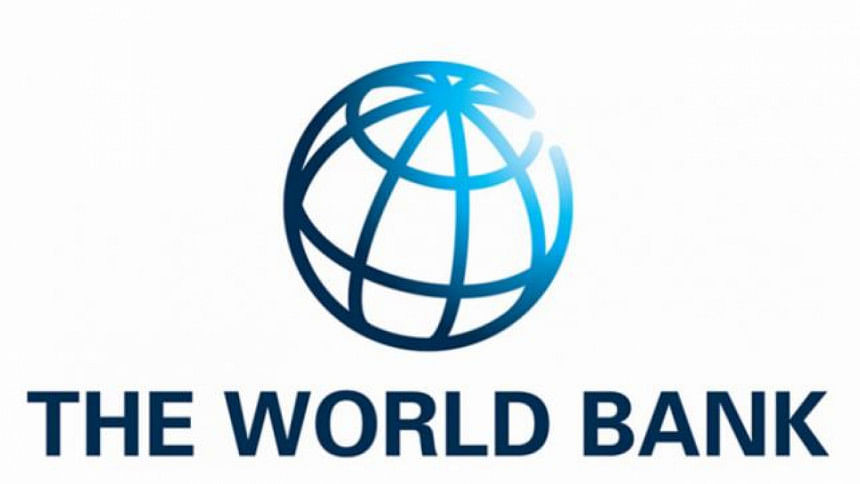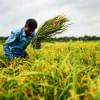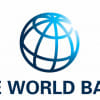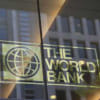Bangladesh needs more reforms to make business easy: WB

Although the country has taken some initiatives to make doing business easier, the marginal change in Bangladesh's position in the World Bank Group's Doing Business 2019 report indicates that the pace of reforms needs to be increased significantly.
Economies in South Asia region made further gains to improve the ease of doing business for domestic, small and medium enterprises with Afghanistan and India ranked as top improvers, says the World Bank Group's Doing Business 2019: Training for Reform report, released on Wednesday.
Bangladesh continued to invest in the electricity grid over the past twelve months, it showed.
Since 2015, Bangladesh has increased the network capacity in Chittagong and Dhaka.
And as a result, the distribution utilities in both cities are now able to accommodate more connection requests, reducing the time required for businesses to obtain a new electricity connection, from more than 400 days in 2014, to less than 150 days in 2018.
However, Bangladesh still ranks 176 globally; one place up from last year's ranking of 177.
A total of 19 business reforms were carried out in the region during the past year, the second highest ever, compared with previous year's revised record of 21 reforms.
In a first for South Asia, two of the region's economies have earned coveted spots in this year's global top improvers, India and Afghanistan.
India, which is a top improver for a second consecutive year, implemented six reforms in the past year and advanced to 77th place in the global ranking. India is now the region's top-ranked economy.
Afghanistan, a top improver for the first time, carried out a record five reforms, moving up to 167th rank, according to the report.
"These results from the Doing Business 2019 report are great news for South Asia and underscore the need to persist with challenging reforms that can provide more opportunities for people to lift themselves out of poverty and spread prosperity more widely," said Hartwig Schafer, Vice President for the South Asia Region of the World Bank.
"We're looking forward to working with governments in the region to achieve more gains in coming years."
The reforms in India included streamlining the process of obtaining a building permit and improved building quality controls.
The reform applies to both Delhi and Mumbai, the two cities covered by the Doing Business report.
Starting a Business was made easier through consolidation of multiple application forms and introduction of a Goods and Service Tax (GST), while Getting Electricity was made faster and cheaper.
Other reforms in India included strengthening access to credit as well as making it easier and faster to pay taxes and trade across borders.
Afghanistan enacted a new insolvency law, which strengthened access to credit and made resolving insolvency easier. Protections for minority investors were strengthened by increasing shareholder's rights and role in major corporate decisions, clarifying ownership and control structures and requiring greater corporate transparency.
Afghanistan also made it easier to pay taxes and start a business.
Pakistan continued its strong reform agenda, with three reforms carried out in the past year. Registering Property was made easier in both Lahore and Karachi, the two cities covered in the Doing Business report.
Both cities also introduced reforms to make it easier to resolve insolvencies and register a new business.
Sri Lanka carried out four reforms which included making Dealing with Construction Permits easier, while the introduction of online systems made it easier to pay taxes in Sri Lanka and Bhutan. Sri Lanka advances to a global rank of 100 this year.
"South Asia continues on a strong reform agenda, thanks to political commitment and hard work that is involved in improving the domestic investment climate. This is particularly commendable in the case of Afghanistan, where conflict and insecurity make the work so much more challenging," said Rita Ramalho, Senior Manager of the World Bank's Global Indicators Group, which produces the report.
Doing Business includes gender dimensions in three indicators: Starting a Business, Registering Property and Enforcing Contracts.
It finds that Afghanistan and Pakistan impose additional procedures for female entrepreneurs.
South Asian economies perform best in the areas of Protecting Minority Investors and Starting a Business. For example, it takes on average 14 days to register a new business in the region, compared with 20 days globally.
The region underperforms in the areas of Enforcing Contracts and Registering Property. In South Asia, registering a property takes 114 days, compared to 47 days on average globally.
Resolving a commercial dispute in the region takes 1102 days on average, almost twice the global average of 647 days.
Since Doing Business began in 2003, Starting a Business and Getting Credit have seen the most reforms in South Asia.
As a result, the average time to start a business in the region has dropped to 15 days, from 53 days in 2003, and the cost has been reduced to 12 percent of income per capita, from 47 percent.
Getting Credit became easier in South Asia partly due collateral and bankruptcy law reforms that improved legal protection of lenders' and borrowers' rights.
This year, Doing Business collected data on regulation setting standards for electrical installations.
A case study in the report, which analyzes this data, finds that a robust regulatory framework governing the electricity sector and the accreditation of the electrician profession protects public safety.
A second study finds that regular training for customs clearance officials and brokers results in lower border and documentary compliance times, easing the movement of goods across borders.
It finds that India has supported its ambitious reform agenda by providing regular training to both customs officials and private sector agents, as well as by establishing Customs Clearance Facilitation Committees which bring together actors involved in international trade at regular meetings.
Two other case studies focus on the benefits of training judges and public officials of business and land registries.

 For all latest news, follow The Daily Star's Google News channel.
For all latest news, follow The Daily Star's Google News channel. 








Comments